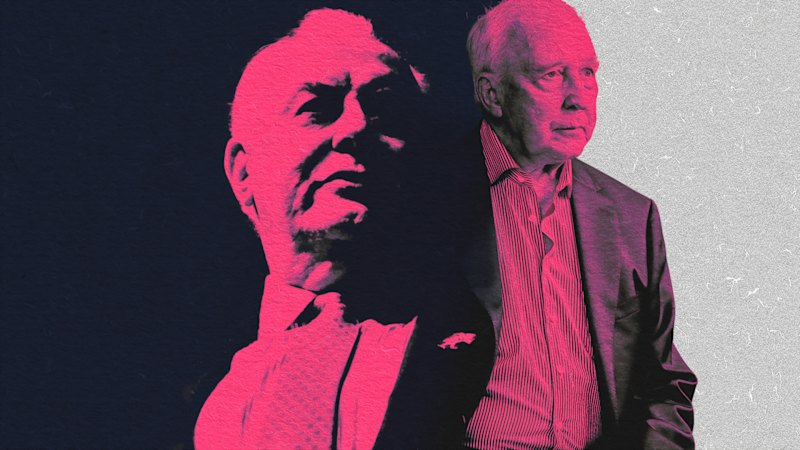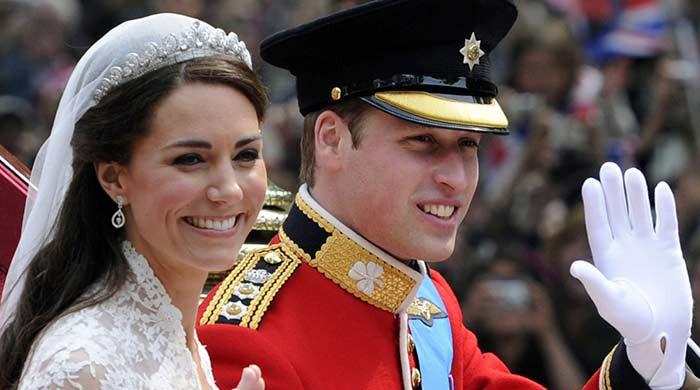
In a candid reflection on one of Australia’s most controversial political events, former Prime Minister Paul Keating has stated that he would have placed then-Governor-General Sir John Kerr under police arrest during the 1975 constitutional crisis. Keating’s comments come as part of a filmed interview for the Museum of Australian Democracy at Old Parliament House in Canberra, shedding new light on the dramatic hours following the dismissal of Prime Minister Gough Whitlam.
Keating, who had been appointed as Minister for Northern Australia just two weeks prior to the events of November 11, 1975, was with Whitlam in the immediate aftermath of Kerr’s decision to sack the prime minister and appoint Malcolm Fraser as the interim leader. According to Keating, he advised Whitlam to approach Queen Elizabeth II directly to remove Kerr from his position.
“My proposition was that Gough should ask the Queen to accept his advice to appoint a new governor-general,” Keating explained. “In the event that Kerr resisted, I said to Gough he should be put under police arrest. That is certainly what I would have done if I was prime minister.”
The Constitutional Crisis of 1975
The dismissal of the Whitlam government remains one of the most debated episodes in Australian political history. On November 11, 1975, Sir John Kerr, the Governor-General, exercised his reserve powers to dismiss Prime Minister Gough Whitlam, citing a constitutional crisis due to the Senate’s refusal to pass the government’s budget. This unprecedented move led to widespread public outcry and a rapid shift in Australia’s political landscape.
Keating’s recent remarks highlight the tension and uncertainty of that day, as he suggested that Kerr could have sought support from the military to avoid arrest, given his role as the nation’s commander-in-chief. “In other words, you’d have to have the soldiers with you for this to happen,” he noted in his interview with veteran political journalist Niki Savva.
Keating’s Perspective and Whitlam’s Response
Despite Keating’s bold suggestion, Whitlam dismissed the idea, adhering to his principles as a constitutionalist. Keating reflected on Whitlam’s decision, acknowledging the complexity of the situation and the potential ramifications of such an action. “It was, in every respect, a coup. A coup by an individual, not a sort of violent gathering,” Keating stated, emphasizing his view that Kerr’s actions represented a unilateral seizure of power.
Whitlam’s commitment to constitutional processes, even in the face of personal and political adversity, has been both praised and critiqued in the years following the dismissal. His decision not to pursue more radical measures, such as arresting Kerr, underscores the delicate balance between maintaining democratic integrity and responding to extraordinary circumstances.
Historical Context and Legacy
The 1975 dismissal has had a lasting impact on Australia’s political consciousness, prompting debates about the role and powers of the Governor-General, the influence of the British monarchy, and the resilience of democratic institutions. The event also served as a catalyst for constitutional reform discussions, although significant changes have yet to be implemented.
Keating’s comments add a new dimension to the ongoing analysis of the dismissal, offering insight into the mindset of political leaders during one of the nation’s most turbulent periods. As Australia continues to grapple with its constitutional framework, the lessons of 1975 remain relevant, reminding citizens and leaders alike of the importance of vigilance in safeguarding democratic principles.
The interview with Keating, part of a broader initiative by the Museum of Australian Democracy to document and preserve the history of the dismissal, provides a valuable resource for understanding the complexities of this pivotal moment in Australian history. As the nation reflects on its past, the perspectives of those who lived through these events offer crucial insights into the challenges and responsibilities of leadership.






